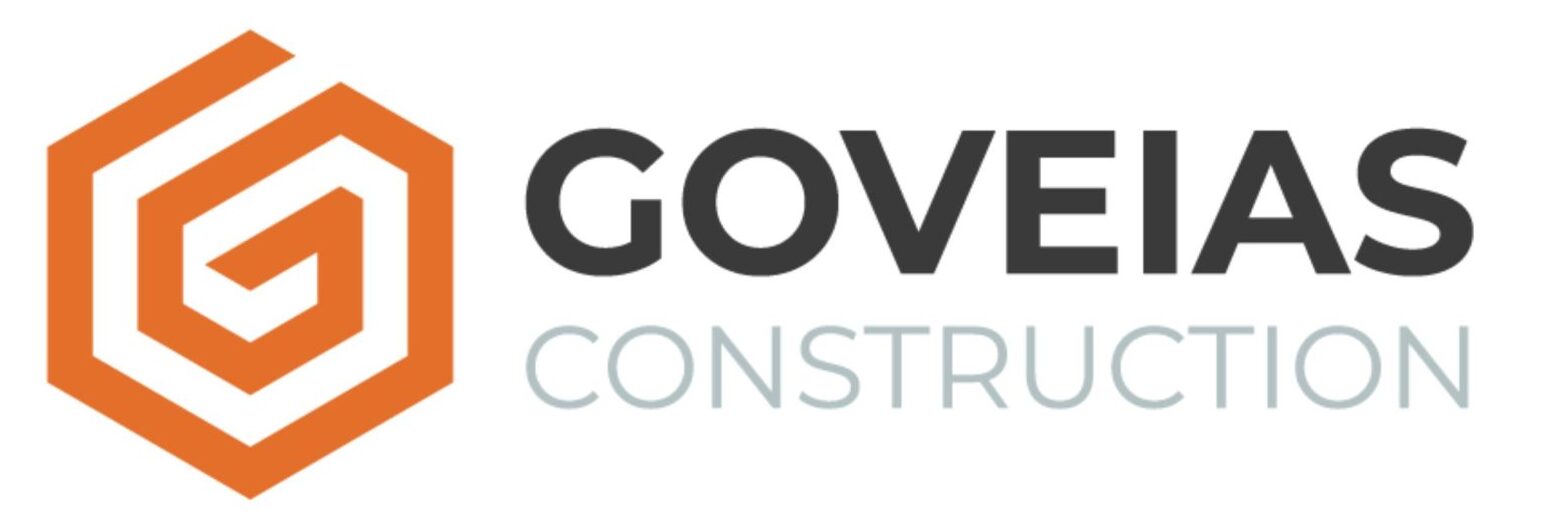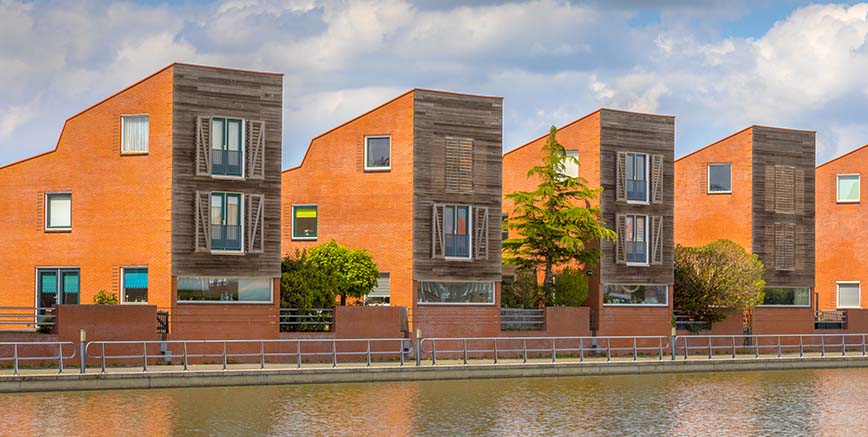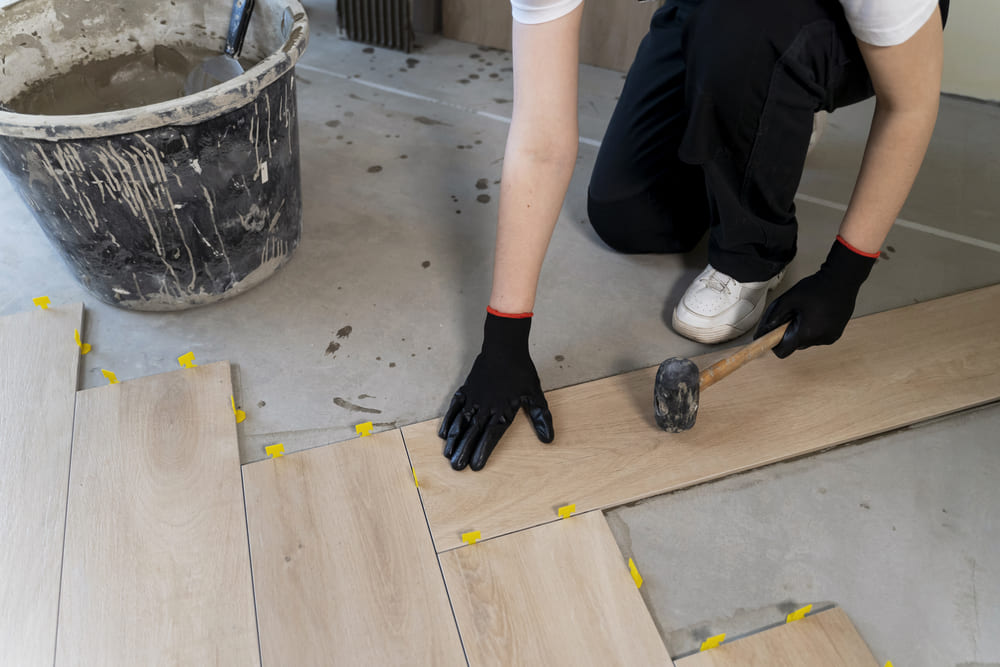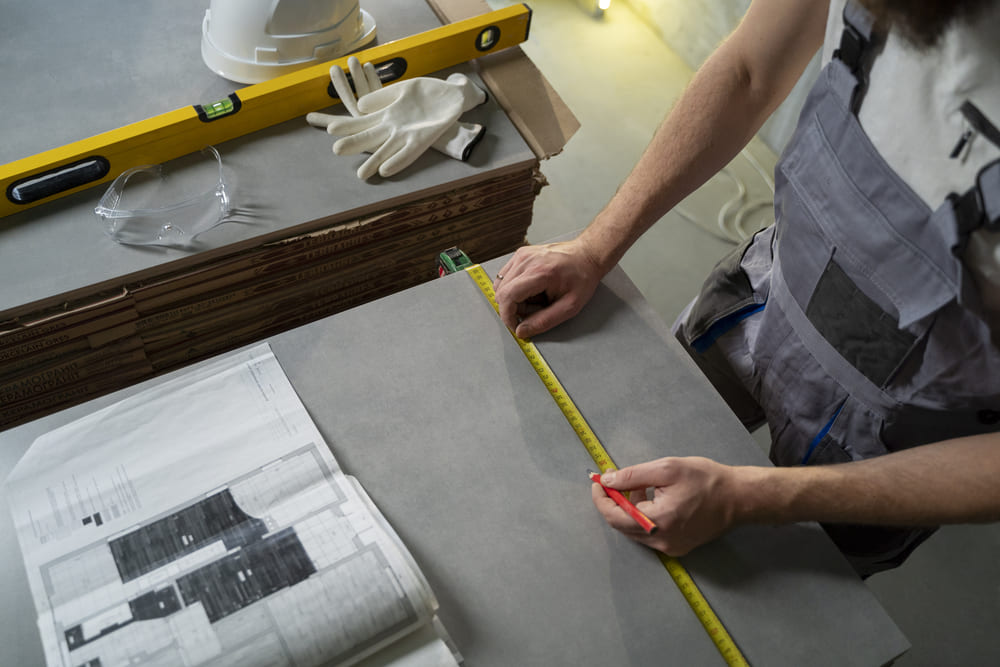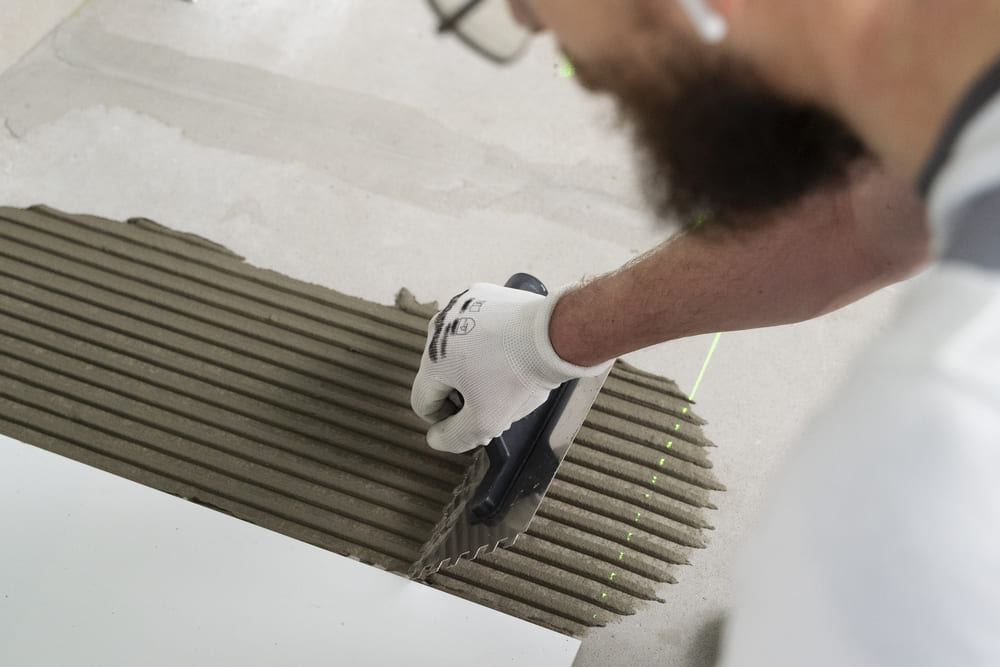
Are you aware of the impact sustainable home expansions can have on the environment?
Sustainable living has transcended from a niche movement to a mainstream lifestyle choice. This growing interest in eco-friendly solutions has naturally extended to home improvement projects, particularly renovation choices.
Many homeowners want to create a stunning space while ensuring that the choices made during the renovation process commit to sustainability.
In this article, we’ll explore practical tips and ideas for adopting sustainable home expansion practices. Moreover, if you’re looking for guidance on how to select a contractor to help you choose eco-friendly building materials, this is the right content!
Benefits of incorporating sustainable practices into home expansions
Embracing eco-friendly methods and actions in your renovation project helps protect the environment and enhances your home’s overall quality, efficiency, and value.
Environmental benefits
These sustainable home expansions can significantly reduce the negative impact on the environment. You may even think your attitude has no impact, but that’s untrue!
Seeing as most homeowners now embrace the sustainable cause, little by little, it is possible to make a significant impact on the environment.
Using eco-friendly building materials, minimizing waste, and implementing energy-efficient solutions are just some ways you can conserve natural resources and reduce your carbon footprint.
Although the positive consequences of these sustainable actions are not immediately apparent, the future generations will be able to see the results of all your sustainable actions.
Cost savings
Although sustainable building practices might have higher upfront costs, they often lead to long-term savings.
Energy-efficient systems and materials can lower your utility bills, and durable, high-quality, eco-friendly products reduce the need for frequent repairs and replacements.
Over time, these savings can offset the initial investment, making sustainable home expansions a financially wise choice.
Enhanced comfort and health
Sustainable home expansions prioritize using non-toxic, natural materials, which can improve indoor air quality and create a healthier living environment.
You can increase the comfort of your home by including:
- Energy-efficient windows;
- Better insulation;
- Renewable energy systems.
These choices maintain ideal temperatures and reduce noise pollution.
Increased property value
A recent study predicts that the American construction sector will grow to $1.27 trillion in 2024. This shows a hot market where standing out is crucial.
Homes that feature sustainable design elements stand out in this scenario, becoming increasingly attractive to buyers. Eco-friendly upgrades can boost your property’s market value and appeal.
Community impact
Sustainable home expansions can also have a positive impact on your community.
You can encourage others to consider sustainability in your projects by setting an example and advocating for eco-friendly practices. This collective effort can lead to greener neighborhoods and a more environmentally responsible society.
Eco-Friendly Tips and Ideas for Your Home Expansions
When planning a renovation intending to have a more eco-friendly home, identifying which areas you can adopt sustainable actions in your project is essential.
Remember: Every situation is unique. Adapt our tips according to your reality.
Use of sustainable materials
Reclaimed wood

Reclaimed wood is sourced from old buildings, barns, and factories, giving it a unique character and history. It’s incredibly durable and often has a rich patina that adds aesthetic appeal to your home.
Using reclaimed wood helps reduce deforestation and minimizes waste.
Bamboo

Bamboo is another highly sustainable material due to its rapid growth rate. Unlike traditional hardwoods, which can take decades to mature, bamboo reaches full maturity in just a few years.
It’s a versatile material that can be used for flooring, cabinetry, and even structural elements.
Recycled metal
Incorporating recycled metal into your home expansion can reduce the need for newly mined resources. Recycled steel and aluminum can be used in various applications, from structural supports to roofing and decorative elements.
Low-VOC paints and finishes

Volatile Organic Compounds (VOCs) are chemicals commonly found in traditional paints and finishes that can emit harmful gasses into the air, contributing to indoor air pollution and potential health risks.
Low-VOC or zero-VOC paints and finishes offer a safer, more sustainable alternative. These products release fewer pollutants, making them healthier for your home and the environment.
Benefits of using low-VOC paints and finishes:
- Improved indoor air quality;
- Reduced environmental impact;
- Longevity and durability.
Energy-efficient windows and doors
Windows
Search for double or triple glazing windows, which provide better insulation by trapping air or gas between the panes.
Tips:
- Low-emissivity (Low-E) coatings on the glass help reflect heat into the room during the winter and keep it out during the summer, reducing the need for heating and cooling.
- Frames made from vinyl, fiberglass, or wood composites also offer better insulation than traditional aluminum frames.
Doors
Opt for doors with a solid core or those that are made from materials like fiberglass or steel, which offer better thermal resistance than standard wooden doors. Weatherstripping around the edges of doors can enhance their energy efficiency by sealing gaps that could let in drafts.
Benefits of energy-efficient windows and doors:
- Reduced energy bills;
- Minimization of drafts and temperature fluctuations;
- Low carbon footprint.
Insulation
Walls and attics
Ensure that walls and attics are well-insulated. Use materials like spray foam, cellulose, or fiberglass batts, which provide excellent thermal resistance.
TIP: Insulating the attic is especially necessary as heat can easily escape through the roof.
Floors and Basements

Don’t overlook the floors and basement. Insulating these areas can prevent heat loss and make your home more energy-efficient.
Benefits of insulation:
- Low energy consumption;
- Improved indoor air quality;
- Increased property value.
Energy-efficient lighting and appliances
Lighting
LED (Light Emitting Diode) and CFL (Compact Fluorescent Lamp) bulbs use significantly less energy than traditional incandescent bulbs and have a much longer lifespan.
Additionally, consider installing dimmer switches and motion sensors to further enhance energy savings.
Appliances
When selecting appliances for your home expansion, prioritize those with high energy efficiency ratings.
TIP: Look for the ENERGY STAR label, which indicates that the appliance meets or exceeds energy efficiency guidelines set by the U.S. Environmental Protection Agency.
Benefits of energy-efficient lighting and appliances:
- Savings on your energy bills;
- Reduce the need for frequent replacements and maintenance;
- Fewer greenhouse gas emissions.
Renewable energy
Solar panels
Solar panels, or photovoltaic (PV) systems, convert sunlight into electricity. Installing solar panels on your roof or yard allows you to harness the sun’s energy to power your home.
Considerations:
- The upfront cost can be high, but government incentives, tax credits, and rebates are often available to offset the expense.
- Sufficient roof space or land is needed to install an effective solar array.
- Solar panels require minimal maintenance, but occasional cleaning and inspections are recommended to ensure optimal performance.
Benefits of renewable energy:
- Long-term cost savings;
- Energy independence;
- Increased property value.
Goveias Construction: The right partner for your sustainable home expansion
If you are searching for a partner to carry out your renovation sustainably, Goveias Construction ensures that every detail is executed with precision, care, and an eye toward sustainability.
Ready to take the first step towards your sustainable home expansion? Contact us today for a consultation and quote!
